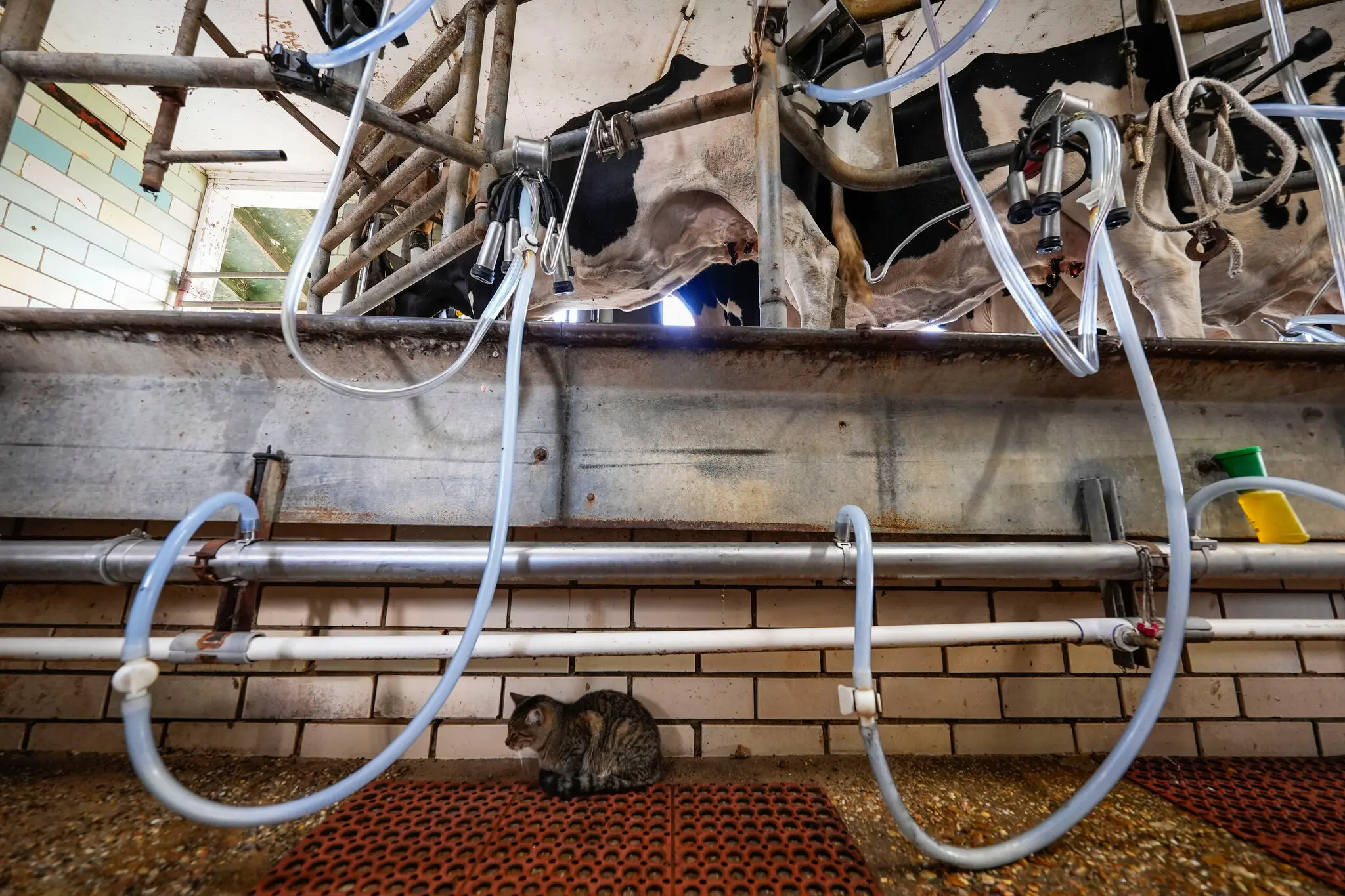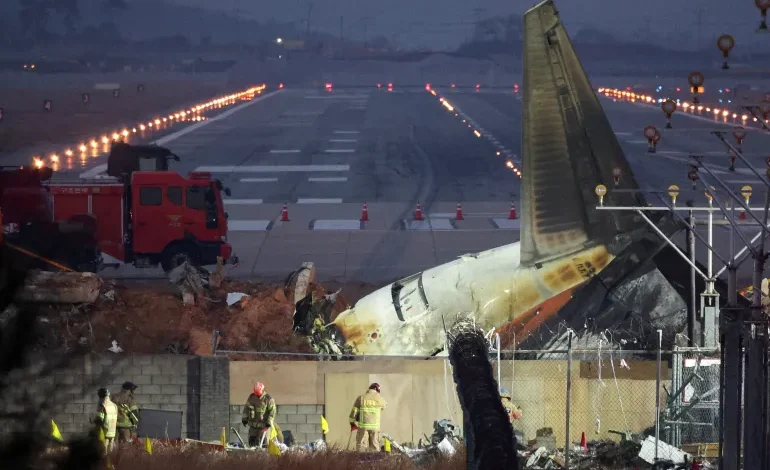The South Korean government has announced a nationwide initiative to enhance airport safety through the installation of advanced bird detection systems and the relocation of bird-attracting facilities, Al Jazeera reports.
The Ministry of Land, Infrastructure and Transport unveiled the sweeping changes on Thursday as part of a special safety inspection across all domestic airports.
The move comes in response to the tragic crash of a Jeju Air Boeing 737-800 on December 29 at Muan airport. The flight, carrying 181 passengers and crew from Thailand, belly-landed and exploded after impacting a concrete barrier during its second landing attempt. The devastating crash resulted in 179 fatalities, leaving only two survivors.
The ministry’s plan includes equipping all 15 domestic airports with bird detection cameras and radars. Currently, only four airports – Incheon, Gimpo, Gimhae, and Jeju Island – are equipped with thermal imaging cameras for bird detection. Procurement of the new cameras is slated to begin in March.
The advanced radar systems will be capable of detecting the size and movement path of birds, relaying crucial information to air traffic controllers who can then communicate directly with pilots. In addition, the government plans to implement mobile sonic devices specifically designed to deter “medium- and large-sized birds.”
Beyond detection and deterrence, the government intends to address the root causes of bird strikes by “establishing legal bases” to relocate facilities that attract birds, such as food waste treatment plants and orchards, away from airport grounds. New distance restrictions will also be imposed on any future developments of this nature near airports.
The renewed focus on bird strike prevention stems from the findings of the ongoing investigation into the Jeju Air crash. According to reports, the pilot alerted air traffic control of a potential bird strike before aborting the initial landing attempt. Subsequent examination of the wreckage revealed feathers and duck DNA in both engines, further fueling speculation that a bird strike may have contributed to the disaster.
However, the investigation has been complicated by the discovery that the aircraft’s black boxes, containing flight data and cockpit voice recordings, ceased recording four minutes prior to the crash.








